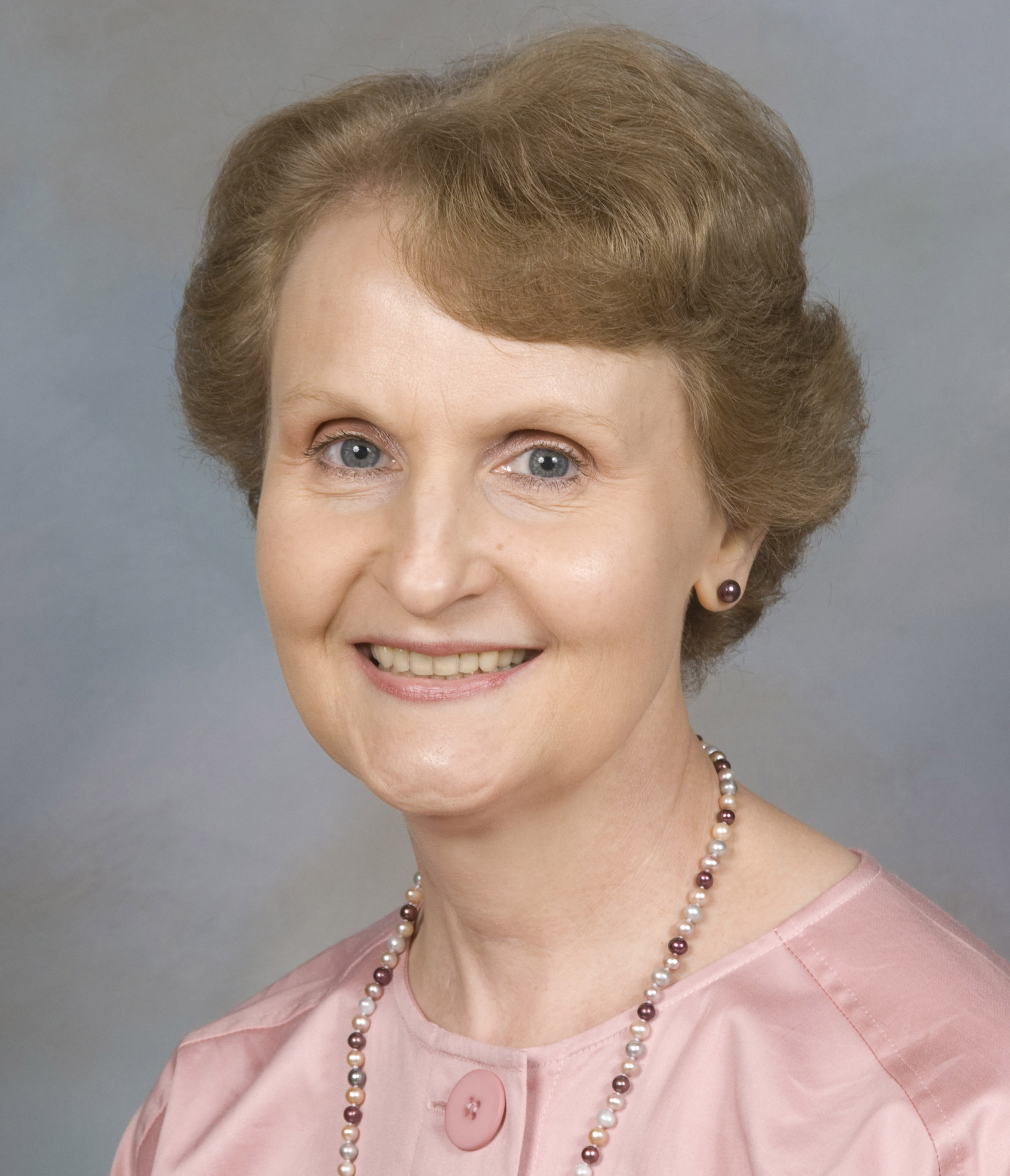Equipping nurses to address vaccine hesitancy

.jpg/975w/jpegp)

In the era of COVID-19, we hear a lot about “vaccine hesitancy,” a concept that has gained increasing attention as misinformation about the virus continues to spread.
Decisions to not receive a vaccine are a barrier to achieving herd immunity, which offers the best protection from infectious diseases like COVID-19. Vaccine hesitancy among specific populations is why health care workers, particularly nurses, need to be well-equipped to address patients’ hesitation to receive vaccinations and provide a strong endorsement for recommended vaccines by educating them about the many advantages of being immunized.
It’s also why Associate Professor Bridgette Pullis, PhD, RN, CHPN, and Assistant Professor Barbara Hekel, PhD, MS, MPH, RN, at the Cizik School of Nursing at UTHealth Houston submitted their proposal, “Working with the Moveable Middle: Addressing Vaccine Hesitancy,” for a $5,000 intermural grant from the school, which they received earlier this year.
“We’ve seen a continuum as it relates to COVID-19 vaccination uptake. Some individuals had no hesitation when it came to getting the vaccines; some people were and remain adamantly opposed; and some continue to be fence sitters,” said Pullis. “The goal with our project is to provide nursing students with the tools they need to decrease vaccine hesitancy among those who fall in what we refer to as the ‘moveable middle’ – those who remain undecided.”
The grant supports several key learning opportunities for students enrolled in the Cizik School of Nursing Pacesetter Bachelor of Nursing program. Designed to provide nursing students with greater confidence and effectiveness in addressing vaccine hesitation, the components of the project include a didactic module and patient simulations. The goal of the simulation is to teach students how to use various techniques such as motivational interviewing and risk communication. Nursing students will also have the opportunity to create a public service announcement to address vaccine hesitancy among vulnerable populations.
Hekel and Pullis explained that vaccine hesitancy is nothing new and has existed for years. They believe the COVID-19 pandemic has underscored the need for the health care community, especially nurses, to be better positioned to deliver information to individuals and communities to address current and future public health threats. Because nurses spend more time with patients than any other member of the health care team, they believe future nurses must be well prepared with credible, up-to-date evidence to support and promote all types of recommended immunizations.
Both Pullis and Hekel believe the resources offered through the grant will provide a critical link between what is taught in the instructional setting and the clinical environment. They also hope the project will educate nursing students who themselves have questions and concerns about the COVID-19 vaccine, including those who have not yet been immunized.
“If providers are hesitant, they are less likely to encourage their patients to accept vaccination,” said Hekel. “Nurses are in a unique role and can lead by example, following recommendations to receive vaccines.”
Hekel and Pullis say the nursing students are looking forward to the simulations and gaining real-world experience on this challenging and complex topic. They also plan to share the results of “Working with the Moveable Middle: Addressing Vaccine Hesitancy” through presentations at scientific and nursing conferences.
“We believe this project could make a significant impact in vaccine uptake in the greater Houston area,” said Hekel. “Our ability to adequately educate nursing students on the benefits of immunization, shared decision making, and effective communication strategies could be a real game-changer in our fight against COVID-19 and other communicable diseases.”